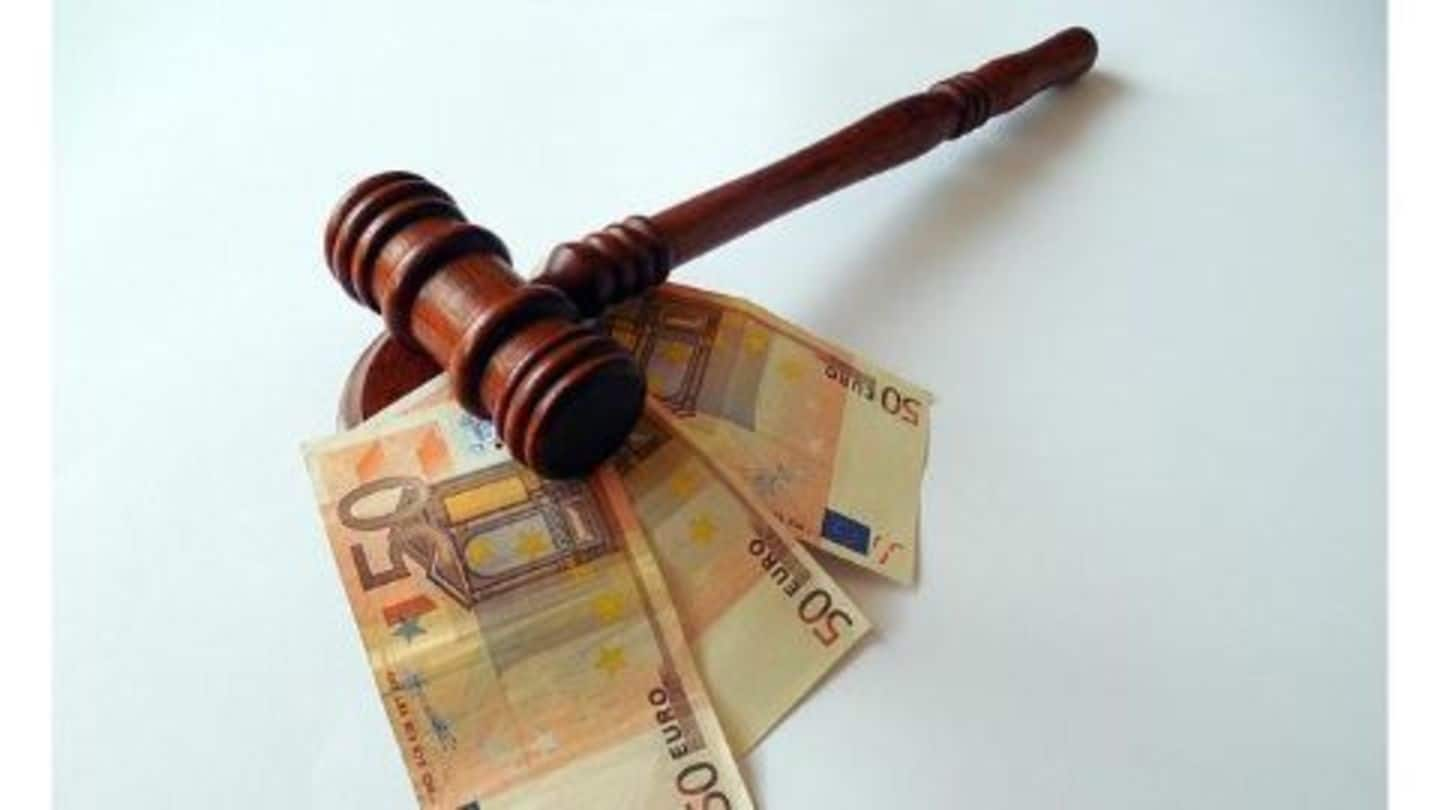
Uber to pay $28.5 million to settle safety-claims lawsuits
What's the story
Uber will pay almost $28.5 million to roughly 25 million customers (who took rides between January 2013- January 2016) to resolve two class-action lawsuits. These pertain to the way in which Uber described its "background checks and the fees it charged passengers." Uber was also directed to alter the language of its safety-related publicity and to discontinue using the term "Safe Ride Fee."
2014
Uber facing lawsuit over 'safe rides' claim
On 27 December 2014, 2 people slapped a class-action lawsuit on cab-hailing giant Uber's $1 "Safe Rides Fee" in San Francisco. The lawsuit questioned Uber's claim that it administers background checks that are seemingly more rigorous than that of other taxi companies. The complainants alleged that the other cab services carried out background checks like fingerprint verification which Uber didn't and hence misled people.
Information
The safe rides fee
Uber launched the "safe rides fee" in April 2014 to meet expenses such as background checks, insurance and vehicle checks.
2014
Uber drivers garnering news for all the wrong reasons
In December 2014, Uber was banned in New Delhi, after an Uber driver was arrested for allegedly raping a passenger. A Madrid judge directed the suspension of the Uber service in Spain, stating that its "drivers lacked proper permits." Another Uber driver was convicted for reckless driving resulting in the death of a 6-year-old girl in Florida. Germany and Netherlands too banned Uber.
18 Mar 2015
19 taxi companies sue Uber for deceptive advertisements
19 San-Francisco taxi companies filed a lawsuit against Uber Technologies for misleading riders with deceptive advertising which claimed that Uber offered "the safest rides on the road" and that Uber was "safer than a taxi." Uber's spokeswoman described the suit as trivial, hailing Uber's "unprecedented transparency". Uber said these companies should look into their safety issues which looked only 5-years into a driver's background.
Personal
Lyft pays $50,000 for misleading language in advertisements
In 2014, Uber's rival Lyft Inc. resolved similar claims over the language it used to define the security of its services and paid $500,000 as part of a settlement.
12 Feb 2016
No transportation 100% safe: Uber
Liable to pay $28.5 million, Uber said it took ample security measures by providing driver details, and means to track the rides. Commenting on the ruling it said that "no means of transportation can ever be 100 percent safe". Uber said that in order to enhance safety everywhere it operated, the company would continue to "invest in new technology and great customer services".